Graham Reid | | 1 min read
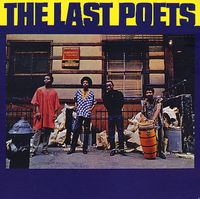
In the wake of the killing of Martin Luther King and the rise of Black Power politics, the ghettos were in flames. It was inevitable that music -- and in this case street poetry coupled with Afro-roots music -- should reflect, and even drive, the times.
The Last Poets were mad as hell and not going to take it: and they were mad as hell about complacent blacks as much as the oppressive white system. This album, on Alan Douglas' interesting label, contains the pieces Niggers Are Sacred of Revolution and Wake Up Niggers.
Those titles (and there are others similar) send a chill today because this word was the great unspoken -- but here they reclaimed it from its racist slur (just as gays later reclaimed that word) and turned it into a weapon, against those blacks who would be Uncle Toms or just cower beneath the bed when the revolution came.
And revolution was undeniably in the air: this was the time of the Weathermen and Black Panthers, of guns and pamplets, the resistence against the war in Vietnam, and a call to arms. Black jazz even more than white rock, was in tune with the tenor of the times too.
Few captured the zeitgeist like the Last Poets who coupled the rhetoric of the times with Afro-percussion.
With When the Revolution Comes, the Last Poets put a burning stake in the ground, they laid down a challenge. There is some minor controversy over whether Gil Scott Heron's better known The Revolution Will Not Be Televised of the same time drew from it -- but that hardly matters.
The theme of these poetry pieces (which were proto-rap in many ways) was the same -- partytime bullshit was over, the revolution was coming and you'd better be ready brothers and sisters.
For more on-offs or songs with an interesting back-story see From the Vaults.
For more on the turbulent times, check out this.


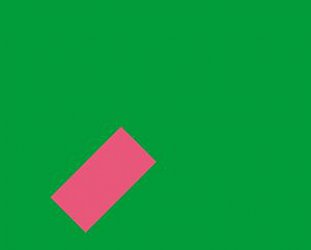
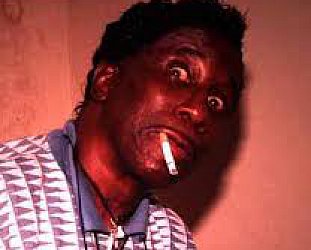
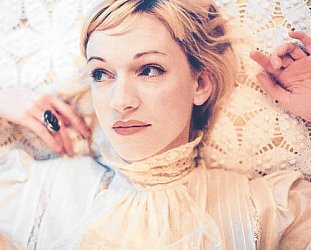
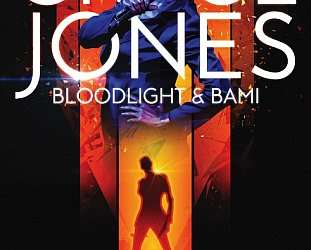
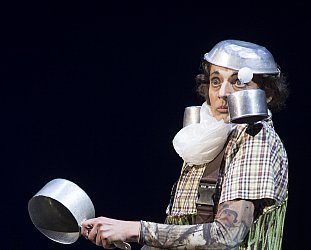
post a comment